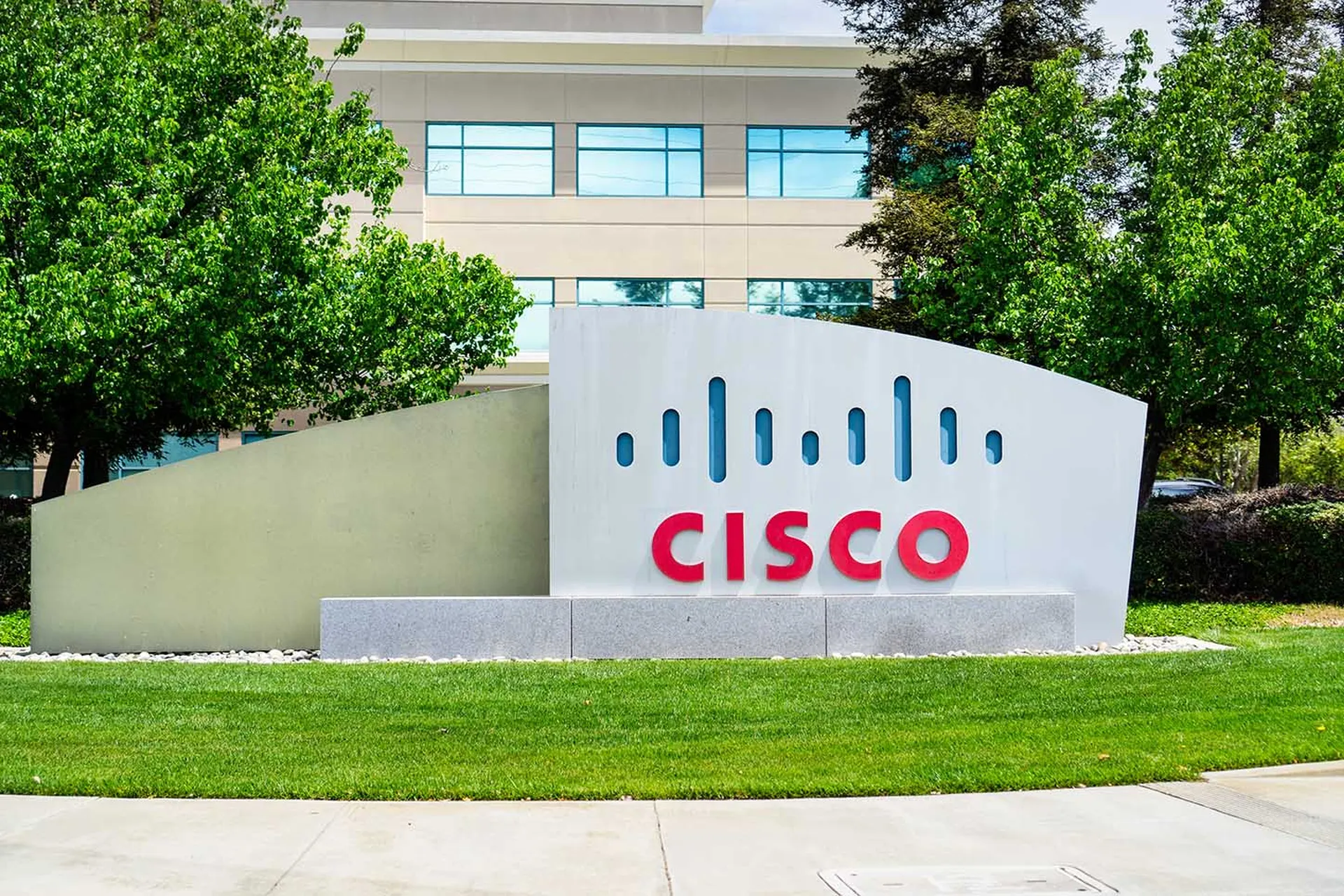The so-called “dark web” has become the stuff of cyber-nightmares. A place where pedophiles, human traffickers and online drug dealers alike congregate to trade their wares—a back alley to the legitimate Internet.
However, despite the fact that the dark web has indeed become home to many (if not most) online criminal denizens, who do indeed use this channel for their illicit and illegal dealings around the globe, this largely undiscovered portion of the internet does serve another larger role in connecting its users, according to Dustin S. Sachs, associate director for Navigant Consulting.
Speaking at last week's ISC(2) Congress in Austin, Sachs laid out the differences between the “dark web” and the surface Internet that is utilized by most common online users, discussed the reasons for online anonymity there (for reasons good and ill), and talked about how the dark web is changing as it becomes more “professional” in its illegal offerings.
Indeed, the regular searchable “surface internet,” indexed by search engines, only accounts for 4 percent of the overall internet, according to Sachs. Below this “tip of the iceberg” lies both the “deep web” and the dark web, he pointed out, with the deep web acting as a repository for property records, medical records and a host of other free and accessible public information. The deep web holds seven times as much data as the surface Internet, Sachs said.
Meanwhile the mysterious-sounding “dark web” is home to even more data, and cloaked in anonymity—a factor borne out of necessity, Sachs pointed out. The dark web was originally created in the early 1990s by the U.S. Navy to communicate with secret operatives in parts of the world where it was not safe (or advisable) to pass information through public channels. And, even in recent years, despite its negative aspects and uses, the dark web has become a channel through which citizen reporters can share news or access social media from countries where other forms of media are strictly controlled, according to Sachs. For this reason, Facebook has been a proponent of allowing the dark web to continue developing, he added.
However, there is no denying that the dark web has made the sale and trade of drugs, sex and other illegal good and services easier to exchange and hide, especially with the anonymity that the dark web provides, Sachs said. The popular and untraceable Onion router is said to connect roughly two million users per day to the dark web. The use of cryptocurrencies, like Bitcoin, also make tracing the money trail for these transactions near impossible. Sachs pointed out that bad actors often further cover their tracks by using gift cards, bought with cash at Starbucks or Boost Mobile, to access this part of the Internet—making it even harder to find them.
But perhaps the most troubling aspect of the dark web is how professional it has become in recent years, according to Sachs. Like eBay, most of the transactions are based on trust built up by online purveyors in carrying through on their promises and delivering the goods and services they say the will. With the sale of consumer credit card data or other records that could be used for ill-gotten gain, more hackers are actually promising up to two years' worth of “customer support” and other guarantees to back up the quality of their product. In the legitimate retail world, Sachs said, “you would have to pay Best Buy $20 for that service.”



